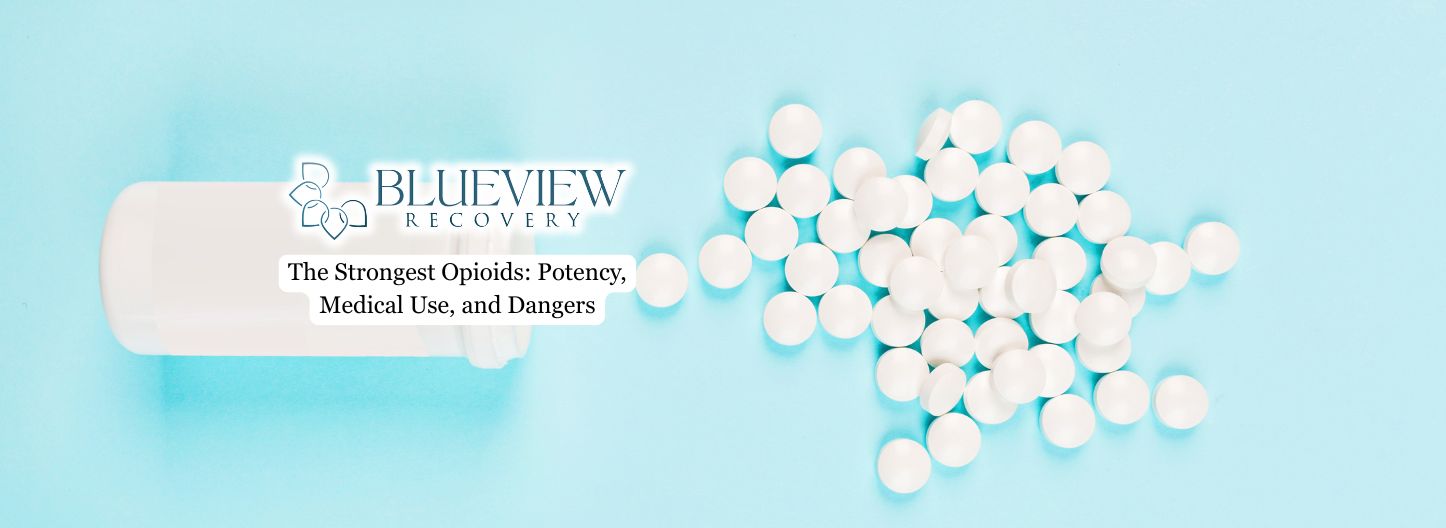Recovery is a lifelong process that requires intention and persistence. Without clear direction, it can be easy to lose motivation or become overwhelmed by the challenges along the way. Setting effective goals gives individuals a roadmap to measure progress, stay focused, and celebrate milestones.
In this article, we’ll explore how to create meaningful, achievable targets that strengthen your recovery and empower lasting change.

Understanding the Purpose of Goal Setting in Recovery
Goal setting in recovery is about more than simply staying sober. It’s about building a life that supports long-term wellness and fulfillment. Having defined ambitions helps individuals channel their energy into productive action, giving purpose to each step of the healing process.
Clear intentions transform vague aspirations, such as “getting better,” into measurable actions, including attending therapy, developing new coping strategies, or rebuilding trust with loved ones. These objectives promote accountability, helping individuals focus on what they can control while reducing the risk of relapse. Many people find that participating in an outpatient rehab program can provide support for setting and reaching their targets. When progress is visible, confidence and self-esteem naturally grow, reinforcing a positive mindset for achieving a substance-free life.
Setting Realistic and Measurable Goals
The foundation of effective goal setting lies in creating objectives that are realistic and measurable. Following the SMART method, which stands for Specific, Measurable, Achievable, Relevant, and Time-bound, ensures that aims are practical and trackable. Incorporating the 12-Step approach can also strengthen this process, providing spiritual and communal guidance that complements planning. For example, rather than saying, “I want to stay sober,” a more actionable goal might be, “I will attend four meetings a week for the next three months.”
This approach creates a tangible path forward, allowing individuals to evaluate their progress. It’s important to start small, as early successes provide momentum for continued growth. Many individuals in sober living environments find that this setting helps them consistently apply SMART goals, reinforcing accountability and steady progress. A therapist, counselor, or peer support specialist can help tailor these objectives to each individual’s strengths and needs, ensuring they are both challenging and attainable.
Balancing Short-Term and Long-Term Objectives
Short-term goals offer direction for the day-to-day journey, such as completing a week without substance use, maintaining a consistent sleep schedule, or attending scheduled therapy sessions. These smaller steps keep recovery manageable and build confidence.
Long-term ambitions, such as maintaining sobriety for a year, improving physical health, or rebuilding relationships, offer a vision for the future. Connecting short-term actions to these broader objectives lets individuals see how each step contributes to their ultimate desired outcome. Periodically reviewing and adjusting these objectives ensures they remain aligned with evolving priorities and personal growth.
Overcoming Challenges and Staying Accountable
Setbacks are a natural part of the healing process. What matters most is how people respond to these challenges. Accountability systems, such as therapy sessions, support groups, or sober companions, can help maintain focus and responsibility. Sharing dreams with a trusted mentor or loved one increases commitment and creates a support network that encourages consistency.

When obstacles arise, it’s important to avoid self-criticism and instead analyze what can be learned from the experience. If someone misses a support meeting, reflecting on the reasons for the missed meeting can help identify triggers and prevent future setbacks. Regularly tracking progress and celebrating small victories, such as one month of sobriety or improved emotional regulation, helps reinforce positive behaviors and boosts long-term motivation.
Incorporating Self-Care and Mindfulness
Your goals should also include self-care, emotional regulation, and mental health maintenance. Incorporating intentions that support well-being, like getting eight hours of sleep, engaging in physical activity, or practicing daily gratitude, strengthens resilience and reduces the likelihood of relapse.
Mindfulness plays a crucial role in this process. Setting an objective, such as “I will spend ten minutes each morning in mindful reflection” or “I will write down three positive things each night,” helps individuals remain grounded in the present moment. These small, intentional practices enhance self-awareness, reduce stress, and nurture a sense of inner peace, all of which support sustainable recovery.
Adapting as You Grow
Recovery is not static. It evolves as individuals gain stability, confidence, and insight. Objectives that once felt challenging may later become part of daily life, signaling readiness for new objectives. Regularly revisiting and refining your intent keeps the process dynamic and aligned with personal growth.
For instance, once maintaining sobriety becomes stable, intentions may shift toward rebuilding financial independence, advancing in one’s career, or pursuing new hobbies. Adaptability allows individuals to keep moving forward without feeling stagnant. Every new milestone, no matter how small, marks progress toward a healthier, more purposeful life.
Final Thoughts from Blueview Recovery
Setting effective goals is one of the most powerful ways to create direction, purpose, and momentum. When these are realistic, measurable, and supported by accountability, they transform the recovery process into a journey of continuous growth.
At Blueview Recovery, we help individuals set and achieve meaningful priorities that align with their vision. Our outpatient treatment program in Philadelphia, PA, integrates evidence-based therapies with goal-oriented support, giving clients the flexibility to practice accountability while building independence. Through personalized therapy, education, and community-based care, our team empowers each client to create lasting change and regain control of their life with confidence and clarity.





